LISKEARD sportswoman Sam Day is getting ready for her biggest challenge yet as she represents Great Britain in the World Ice Swimming championships.
The 42-year-old will be at Lake Molveno, Italy, alongside 30 other GB athletes to race in waters of just three to four degrees celsius.
“We have to organise everything ourselves in terms of getting there, so I will be hiring a car with snow chains and driving myself and others to Molveno,” says Sam.
“I’m normally the fast-asleep passenger – I’ve had to put my big girl pants on because the drive is going to be an adventure in itself!”
Sam’s chosen disciplines are the 100m and 50m backstroke and 50m freestyle, and she also hopes to be part of the GB relay team during the competition, which runs from January 14 to 19.
With air temperatures of around minus three, the experience is going to be “absolutely baltic!” she says.
The events will see Sam in the water for a maximum of 90 seconds, but acclimatisation and training has been a long and intense process. As well as swimming three to four times a week, she also attends several gym sessions.
Sam is grateful to the sponsorship from Better Leisure and support from Adrenalin Quarry, Buckfastleigh Lido, the Liskeard and Looe Lions and Parkway Timbers which has enabled her to dedicate herself to her training over the past year. She pays tribute to her coach Mike James, and above all to her husband Mark, without whose support it “simply would not be possible” to follow her dream while juggling work and family life.
Sam is head of performance at Looe Community Academy, and mother to two active children, who themselves are very involved in sports.
“Without support from Mark, none of it would happen at all. Fitting everything in means just being very clever with my time, and my training sessions are short but intense.
“But training also helps me to be a better, more patient mum, I think, and to be calm, to have a better listening ear.”
As a relative newcomer to open water swimming, and an even more recent competitive pool swimmer (she raced for Caradon Swimming Club for the first time in 2024) Sam takes an interesting perspective on comparing herself to others.
“I’ve still got such a long way to go. I am not overly skilled compared to others but that’s exciting, as it means I have got so much to learn. I can only get stronger and faster.”
Plunging into frozen waters without a wetsuit is not for the faint-hearted, says the International Ice Swimming Association (IISA), who launched the World Championship event in Russia in 2015.
Since then, cold water swimming has become ever more popular.
“It’s a challenge that may seem daunting, but the rewards are immense,” says IISA.
“Despite the initial shock, swimming in ice water offers numerous health benefits. From the release of endorphins to increased blood circulation and a boost in body temperature, the effects are surprisingly invigorating. Contrary to common belief, cold water can be incredibly beneficial for your overall well-being.”
Sam wholeheartedly agrees and describes the cold swims as her tonic and her happy place.
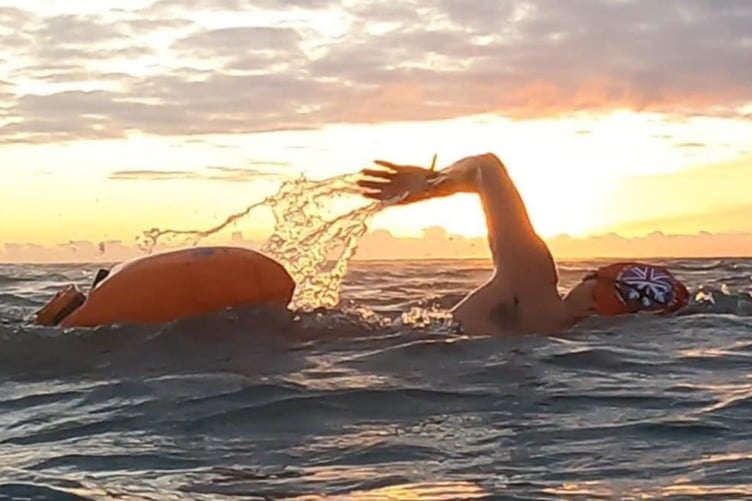
It has been an incredible journey for someone who only took up sea swimming in a big way a few years ago in an attempt to conquer her fear of deep open water.
It’s a story made even more incredible by the fact that just less than two years ago, and before she ever competed in a pool, Sam came close to death in an accident that left her with internal burns.
“It was a working day at school and instead of taking lunch I had decided to pop for a swim at Millendreath,” she explains.
“When it came to the end of the day I put the curry that I had brought for lunch into the microwave.
“I choked on a bit of the potato which was so hot it had scalded my windpipe.”
After clawing the potato out and drinking lots and lots of water, Sam drove home, but started to feel unwell and asked Mark to get a COVID test.
“I came home feeling really low and went to bed early with a sore throat. I was convinced I had COVID.
“But a couple of hours later I got up feeling like I couldn’t breathe and with a tight chest. I started not to be able to talk, and then when I went to have a drink I couldn’t swallow.”
A call to 111 soon escalated into an emergency ambulance to Derriford. Sam remembers doing sign language because she couldn’t speak, being given an adrenalin shot, and being told by the paramedics to “stop fighting for breath and let us help you”. Taken into intensive care, Sam spent four days sedated and on a ventilator.
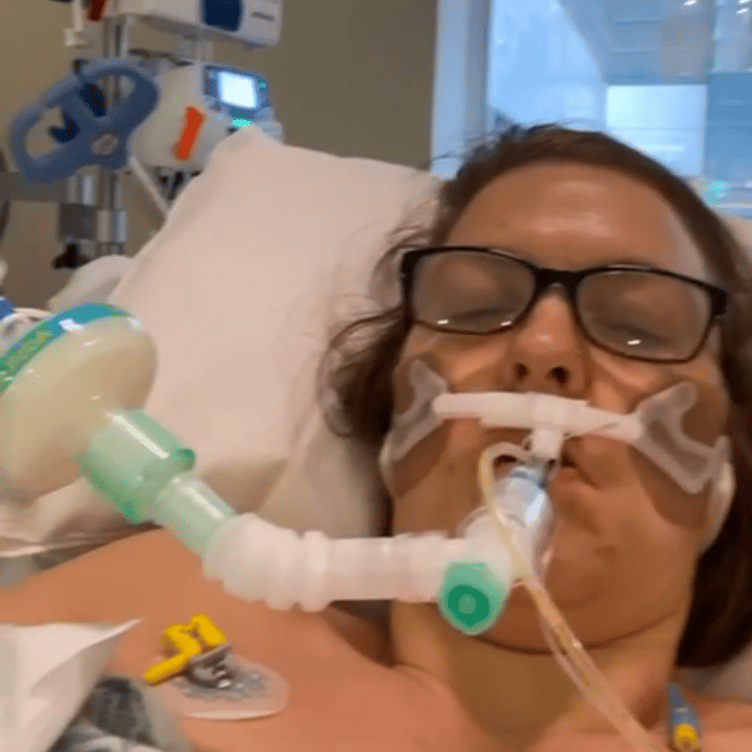
“I knew I had to fight because of my family, my husband and children.
“I got to meet my paramedic Mark Tucker a couple of months after my accident and he told me that I was very close to death, that I was very, very lucky.”
Sam has received counselling to help in her recovery.
“I developed a tic, where whenever I had too much anxiety, I would start to yawn a lot, or take short bursts of breath. It’s a sign I need to get out of that situation quickly.
“Counselling and tapping therapy has helped me to know that right now, I’m safe.
“Underwater swimming training, the not breathing, is still difficult, and triggers that fight or flight sensation, because it’s still so real. Part of my recovery is detaching myself from those memories.
“I am so incredibly grateful though, because all of this might not have happened as it has.”
By January of 2024, less than 12 months after coming home from hospital, Sam was competing at the GB Championships, achieving Gold in her age group in the 50m backstroke.
In December of ‘24 she swam once again at the national event, returning home with Silver and Bronze medals. She describes a difficult moment in one of her races.
“I got disqualified in one of the events. I panicked – I went off too quickly and swallowed water. I changed to breast stroke part way through because I didn’t think I could do it. When I got out I just said to my coach I wanted to go home.”
But Mike encouraged Sam to get back in to do the next 100m event.
“I decided I wasn’t even going to race but just take it as an opportunity to be in the water and swim. I kept marking the person next to me and realised I was keeping up with her, and I sprinted the last 25 metres. I went from being so disheartened, I was going to leave, to having a great event.
“Mindset is absolutely the key. It’s about pushing yourself but also about giving yourself that chance.
“I want my children and my students to know that they have within them whatever it is they need to do the things that are for them. Never did I think I would be going to the world championships and representing my country at the age of 42.”
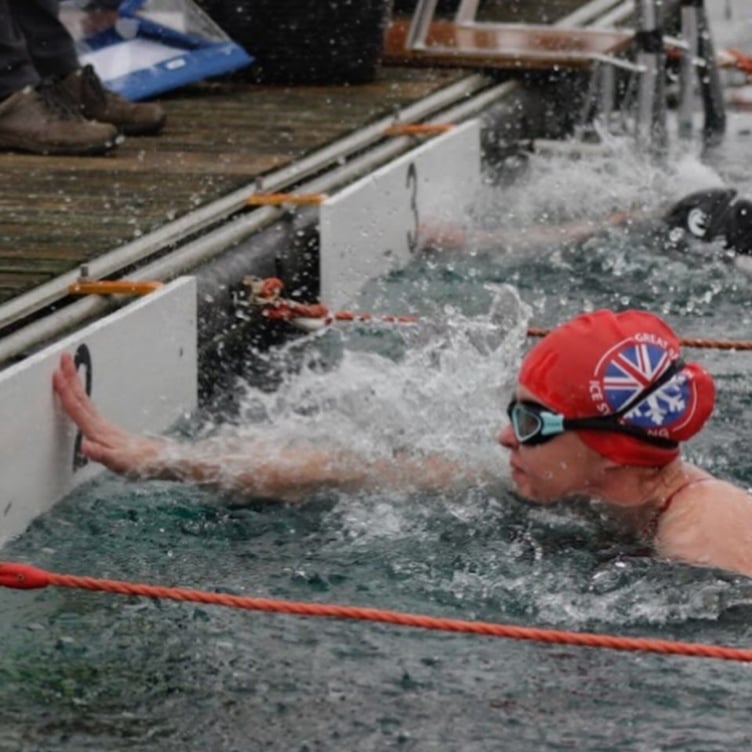
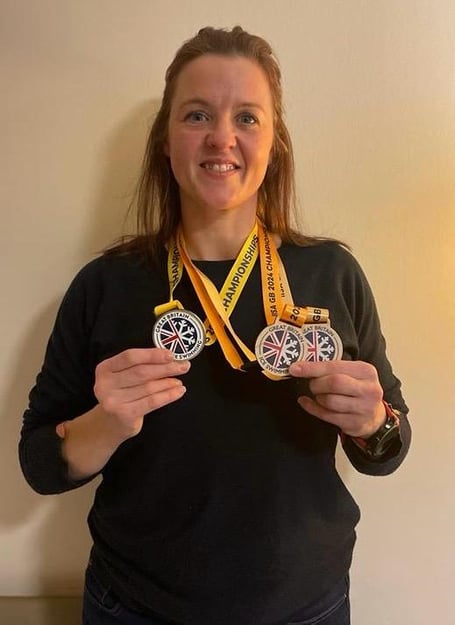

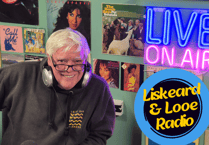
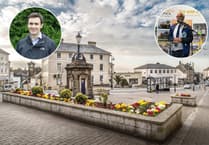

Comments
This article has no comments yet. Be the first to leave a comment.